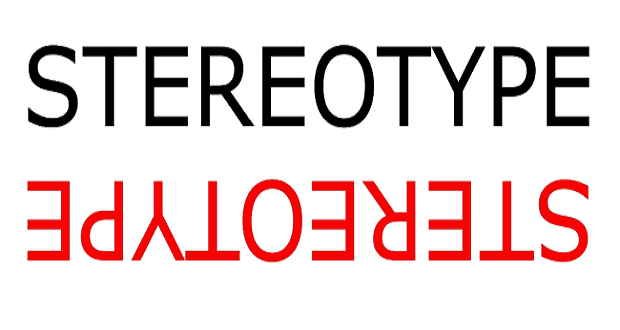How to deal with stereotypes

Scot Lehigh, columnist for the Boston Globe, found himself at a loss for words when a fellow hotel guest started speaking in antisemitic stereotypes. His story came across my desk at the end of March.
As a hotel guest at a ski lodge, Scot Lehigh and a fellow guest in the hot tub were discussing a fatal ski accident. The relatives of the deceased skiers did not win their lawsuit for wrongful death. The fellow guest then began to use antisemitic language to say that a Jewish lawyer would have won the case, because they are crooked.
This man’s resentment of Jews made Scot uncomfortable, but he did not know how to respond. Scot asked for advice from friends. One said to ask him what he means by that remark.
He also asked his readership for advice. I want to go a bit further than “What do you mean by that?”
If the stereotypes were unintentional
Questioning the remark sometimes opens the conversation for someone who has inadvertently stereotyped someone or used an offensive term that they did not know the origin of. If you suspect that the speaker did not mean harm, saying, “What do you mean by that?” might work. It would look like this.
Person A: “I got gypped at the gift shop. They sold me shoddy goggle straps.”
Person B: “What do you mean by that?”
Person A: “The straps broke on my second run! That’s what I mean.”
Person B: “Why did you use the word ‘gypped’?
Person A: “Because it means someone sold me something that fell apart as soon as I used it”
Person B: “Do you know that term is offensive to Gypsy people, sometimes called Romany or Roma people? My family is from Hungary and some of us are Romany. Would you mind not using that term?”
Person A: “Oh, I didn’t know that. I’m still annoyed about the goggle strap!”
Person B: “As you should be!”
If the stereotypes were intentional
In the case of someone who seems to know that he is being derogatory, asking “What do you mean by that” could open the door to more detail about why the initial stereotypical remark is true. I would hesitate to open the door for more vitriol.
Instead, I suggest that you question the truth of the statement. He would want to hire a Jew because Jews are crooked? Actually, he wants to hire a Jew because they would win the case.
“Don’t you think the skiers’ family were entitled to a wrongful death settlement? Why do you think that an attorney has to be crooked in order to win that case? Seems to me that a qualified attorney could have won the case, but their lawyer failed them.”
- It does not repeat the offensive stereotype of “Jewish” and “crooked” in the same sentence. This is particularly important, since there is a child nearby, that Scot knew, who has a Jewish lawyer parent.
- It changes the subject from the honesty of Jewish lawyers back to the case you were discussing. Hopefully, this will take the air out of the tirade against Jewish lawyers.
- It subtlety implies that the antisemitic speaker is complimenting Jewish lawyers, when he didn’t intend to. A Jewish lawyer could win this case.
Depending on the social intelligence of the fellow, he may also get the impression that you disapprove of his stereotype. At very least, you would have been able to shut him up about it. This is a service to society and particularly to the child who might have been listening.